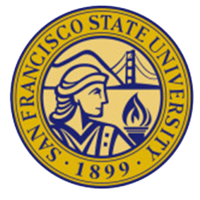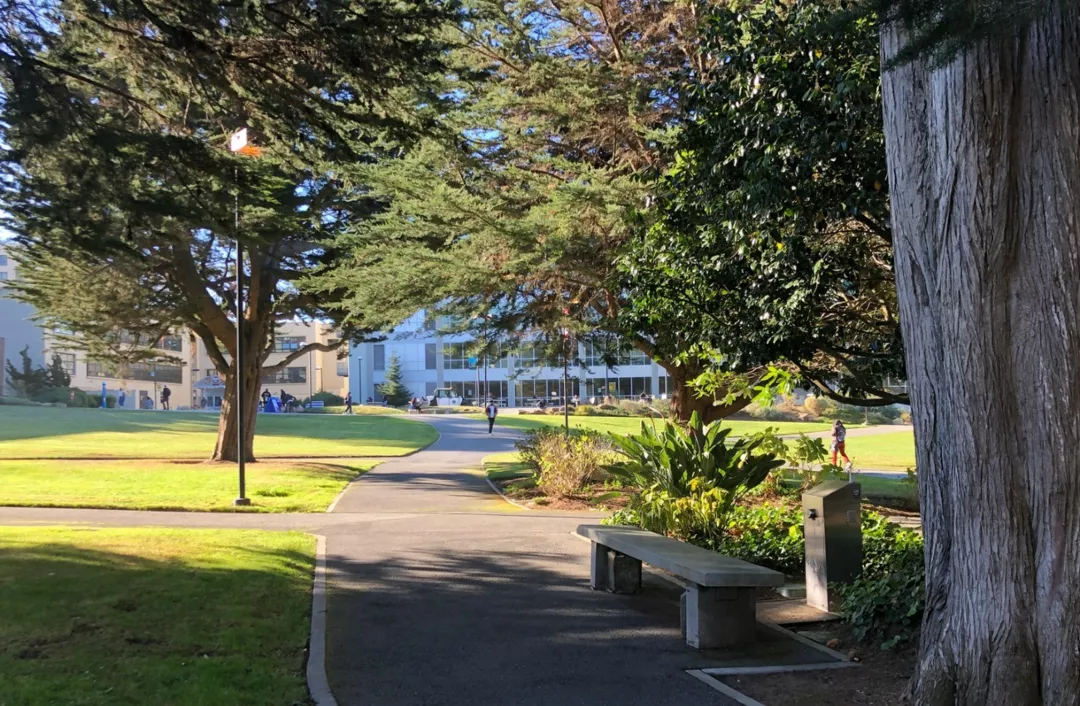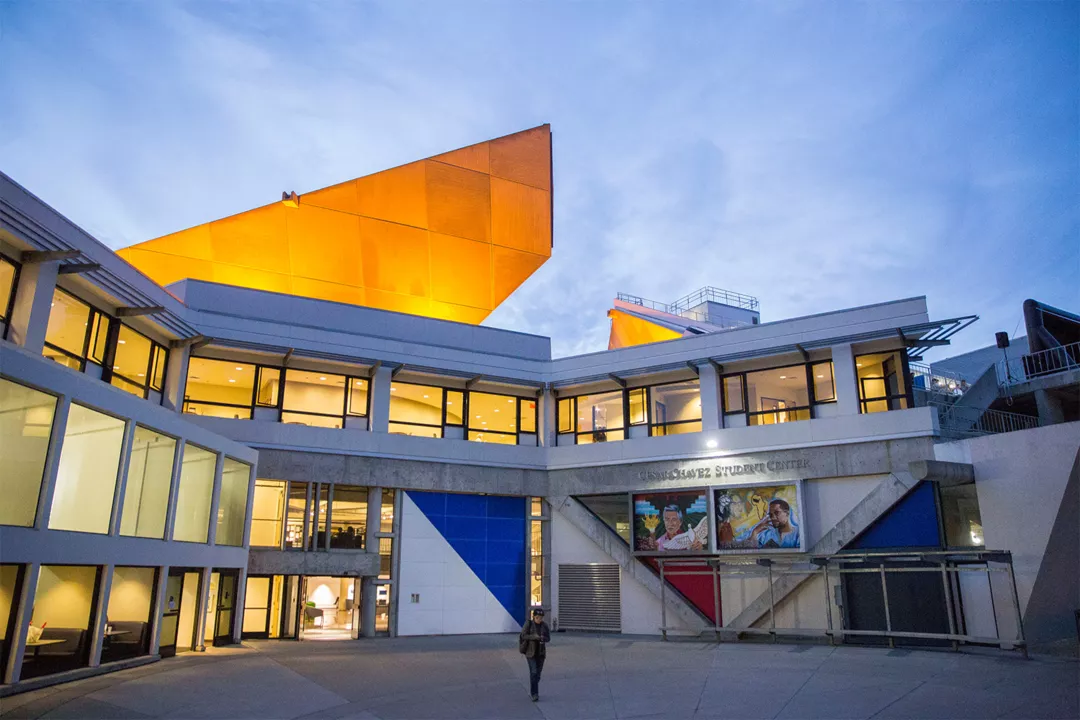-
hello@abroadcube.com
Mail us
-
Call For Help:
98779 83783
-
Whatsapp Us
70090 34921


The Master of Science in Interdisciplinary Marine and Estuarine Science (IMES) program provides the opportunity for students to develop a transdisciplinary knowledge base at the intersection of global change, coastal marine and estuarine ecosystems, and societal challenges faced in urbanized areas. Students develop an applied knowledge in one or more fields of marine and estuarine sciences through conducting independent research under the guidance of faculty from a broad spectrum of physical, biological, and social sciences. That applied knowledge is combined with professional internships and training in professional skills to prepare graduates for a range of careers including scientific research, natural resource management, and science communication. Through the EOS Center, the program provides extensive laboratory resources and access to field sites for advanced study in marine and estuarine sciences.
| Level | Masters |
| Discipline | Sciences |
| Duration | 24 months |
| Intakes | Aug |
| Application Fees | USD 0 |
| Tuition Fees | USD 13512 |
| Campus | Main |
| Language proficiency (minimum) | |
| IELTS | 6.5 |
|---|---|
| TOEFL | 80 |
| PTE | 59 |
| Duolingo | 120 |
| Exam proficiency (minimum) | |
| SAT | Not Required / Waiver |
|---|---|
| ACT | Not Required / Waiver |
| GRE | Not Required / Waiver |
| GMAT | Not Required / Waiver |
Minimum GPA - 77%
QS Quacquarelli Symonds is the world’s leading provider of services, analytics, and insight to the global higher education sector, whose mission is to enable motivated people anywhere in the world to fulfil their potential through educational achievement, international mobility, and career development.
THE (Times Higher Education) has been providing trusted performance data on universities for students and their families, academics, university leaders, governments and industry, since 2004. We create university rankings to assess university performance on the global stage and to provide a resource for readers to understand the different missions and successes of higher education institutions.
The Academic Ranking of World Universities (ARWU) was first published in June 2003 by the Center for World-Class Universities (CWCU), Graduate School of Education (formerly the Institute of Higher Education) of Shanghai Jiao Tong University, China, and updated on an annual basis
The "Webometrics Ranking of World Universities" is an initiative of the Cybermetrics Lab, a research group belonging to the Consejo Superior de Investigaciones Científicas (CSIC), the largest public research body in Spain. CSIC is among the first basic research organizations in Europe. The CSIC consisted in 2006 of 126 centers and institutes distributed throughout Spain.


